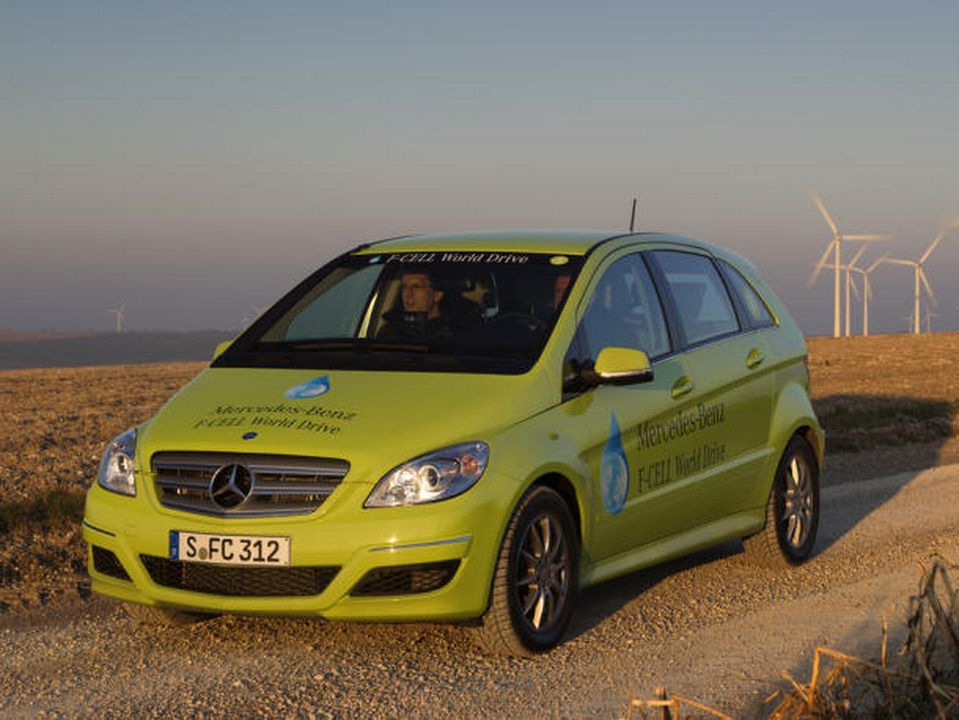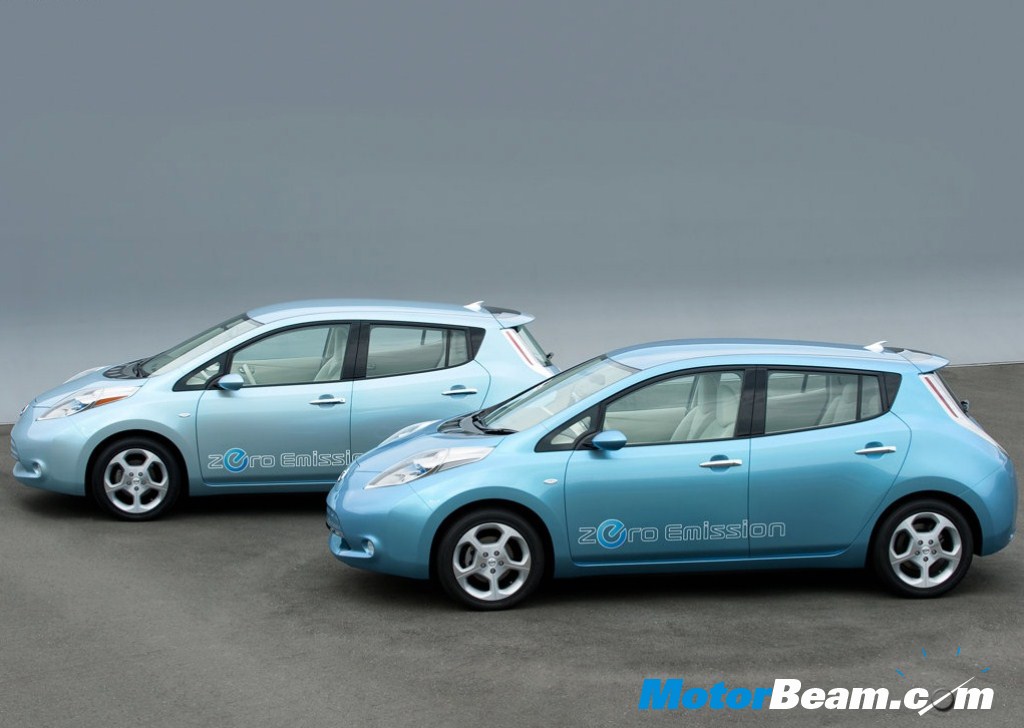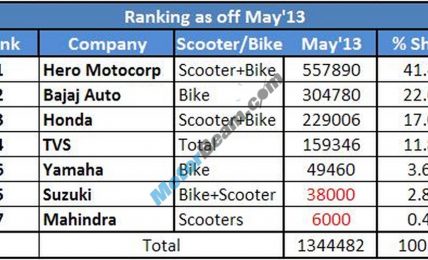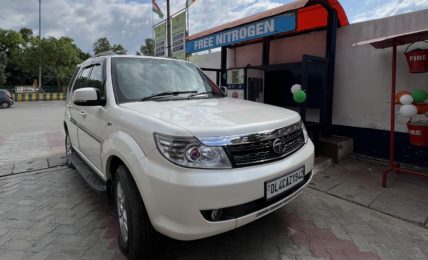The three international automotive giants, Ford, Daimler and Renault-Nissan have signed a new agreement to share and co-develop hydrogen fuel cell technology. The three companies have announced that they will start manufacturing of these fuel cell cars by the year 2017. This is the second such agreement between major car companies towards this similar goal, with Toyota and BMW recently signing an agreement to co-develop cars as well as work together on hydrogen fuel cell technology.
Almost all of these companies already have very advanced research as well as few working prototypes for cars running on hydrogen fuel cells. Mercedes-Benz has produced and tested many prototypes of the F-Cell hydrogen fuel cell car and have a leasing programme in Los Angeles, USA, for real world testing and data collection of these prototypes. Toyota has showcased the Highlander prototype featuring the same technology. Nissan has showcased the Terra SUV Concept. Nissan says that using the fuel cell reactor from the concept car, they can manufacture cars immediately as well.
All these global companies can produce fuel cell cars independently at the moment too. But they say that with collective research and pooling of resources, the end product will be more efficient, more advanced and more reliable. With more real world testing and having high production and common production capacity, the technology will become cheaper to produce, buy as well as use for the common man. With oil on the brink of exhaustion and the environment deteriorating, this technology can be the sole savior of automobiles.
The Hydrogen Fuel Cell car uses a normal electric battery to drive the vehicle. But instead of charging the battery through an external source, the electricity is produced by a Hydrogen Fuel cell due to a reaction between hydrogen and oxygen. The hydrogen is stored at a very high pressure of almost 10,000 psi. This technology has many advantages over a normal electric car as the hydrogen takes very less amount of time to fill up and it has high range as the hydrogen lasts longer. Also the only exhaust produced by the fuel cell is water. But the infrastructure to store high quantities of pure hydrogen is lacking which will have to be developed.






